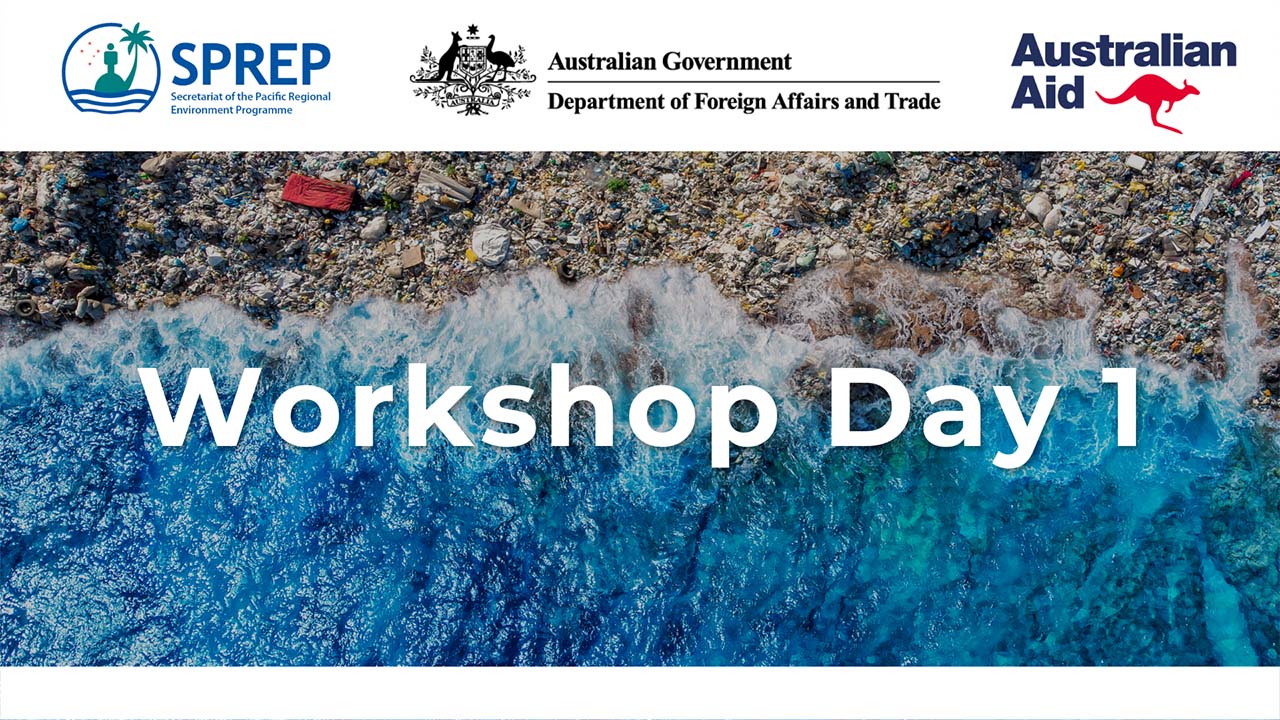What is the event about?
To assist our Pacific Island Members prepare for the first INC, the Secretariat with funding support from the Australia Department of Foreign Affairs and Trade, will hold the Pacific Regional Preparatory Workshop for the Intergovernmental Negotiating Committee (INC) on the 16-18 August 2022 in Suva, Fiji.
Given that not all national borders may be fully opened, the workshop is therefore planned to be a hybrid workshop to be delivered in person and virtually.
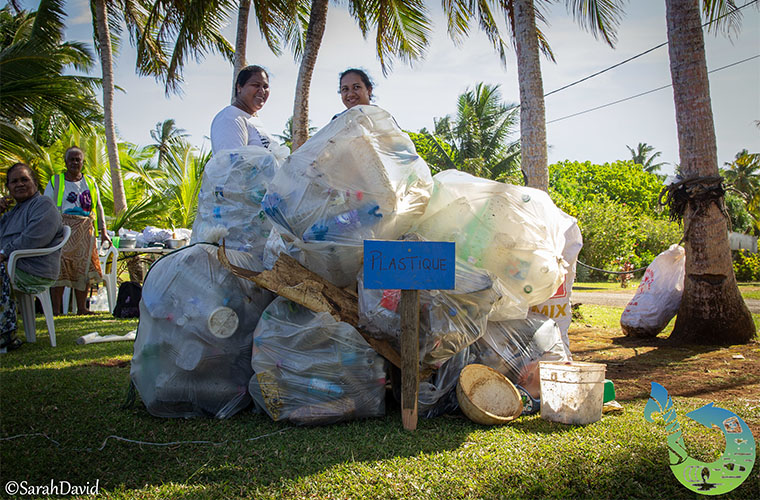
What is the background to the Pacific Regional Preparatory Workshop for the Intergovernmental
Negotiating Committee (INC)?
- The Marine Plastic Pollution Problem
- Regional response to marine plastic pollution
- Resolution UNEA 5.2
- Commitment from Australia
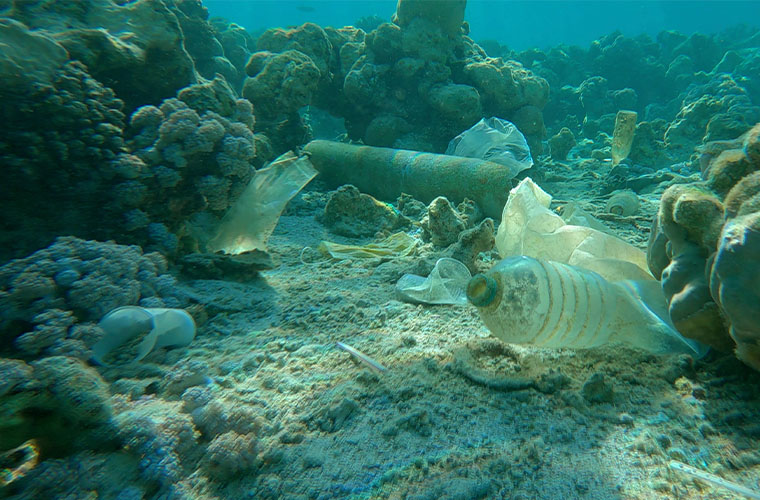
Marine plastic pollution is a pressing environmental, health and economic development problem for the Pacific region especially for island countries and territories. Plastic pollution in particular, threatens the livelihoods of Pacific island communities that are dependent on coastal systems for food, trade and tourism. Plastics adversely affect fish and other marine life, coral reefs, beaches and mangrove forests, and devalues the amenity of coastlines, threatening the growing tourism sector.
In 2017 and 2018 Pacific Island Forum leaders’ meetings, Pacific leaders committed to addressing the issue of single-use plastics as a matter of urgency and endorsed SPREP’s Pacific Regional Action Plan for Marine Litter (or simply the ‘Marine Litter Action Plan’). The meeting of Environment Ministers’ High-Level Talanoa, 10th September 2021 communique adopted the ‘Pacific Regional Declaration On The Prevention Of Marine Litter And Plastic Pollution And Its Impacts’ (or simply the ‘Pacific regional declaration on plastics’) outlining its position to addressing the issue of plastic pollution.
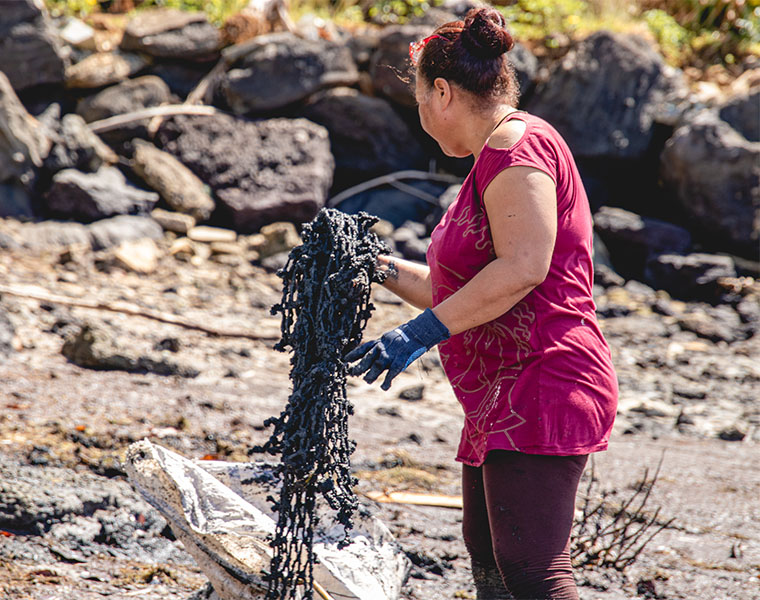

In March 2022, the Fifth Session the United Nations Environment Assembly (UNEA) adopted resolution UNEA 5.2 titled “End plastic pollution: Towards an International Legally Binding Instrument.” Resolution UNEA 5.2 convenes an Intergovernmental Negotiating Committee (INC) to develop and negotiate a new binding global agreement on covering the whole life cycle of plastics.
The UNEA 5.2 resolution is in line with the Pacific Regional Declaration on the Prevention of Marine Litter and Plastic Pollution and its Impacts expressing Pacific leaders’ grave concern about the environmental, social, cultural, economic, human rights, human health and, food security impacts of plastics pollution at each stage of its life cycle. This regional declaration mentioned above encouraged states attending the UNEA5.2 session to support the establishment of an Intergovernmental Negotiating Committee to negotiate a new binding global agreement covering the whole life cycle of plastics.
The process started with the Open-Ended Working Group held on the 30 May to 1 June 2022 to prepare for the first INC scheduled to be held in November 2022 in Uruguay.
The Australian-funded Pacific Ocean Litter Project was borne from the Australian Government’s desire to assist SPREP and Pacific island countries (PICs) with the implementation of agreed actions under the Marine Litter Action Plan, and forms part of broader Australian Government support for sustainable oceans in the Pacific.
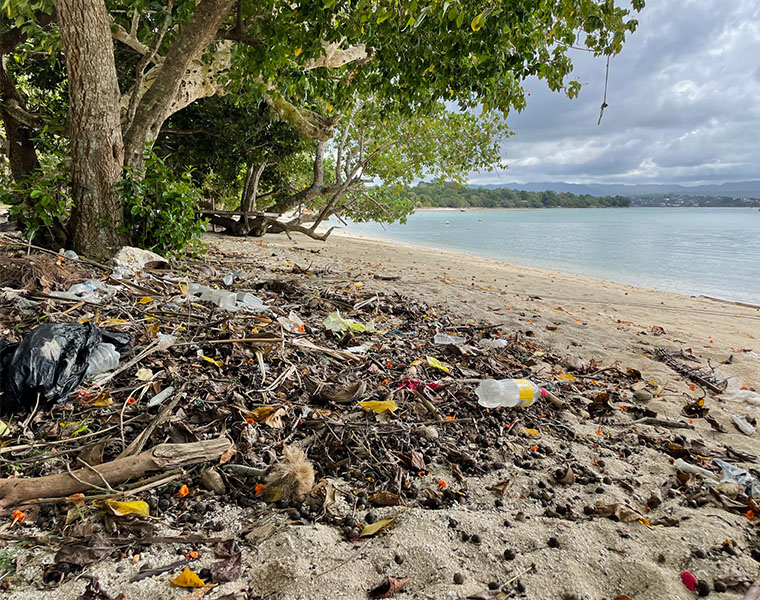
What are the goals of the event?
Workshop Aim
The aim of the workshop is to provide Member Governments with the assistance they may need in negotiating a global agreement to address plastic pollution covering the whole life cycle of plastics.
Objectives
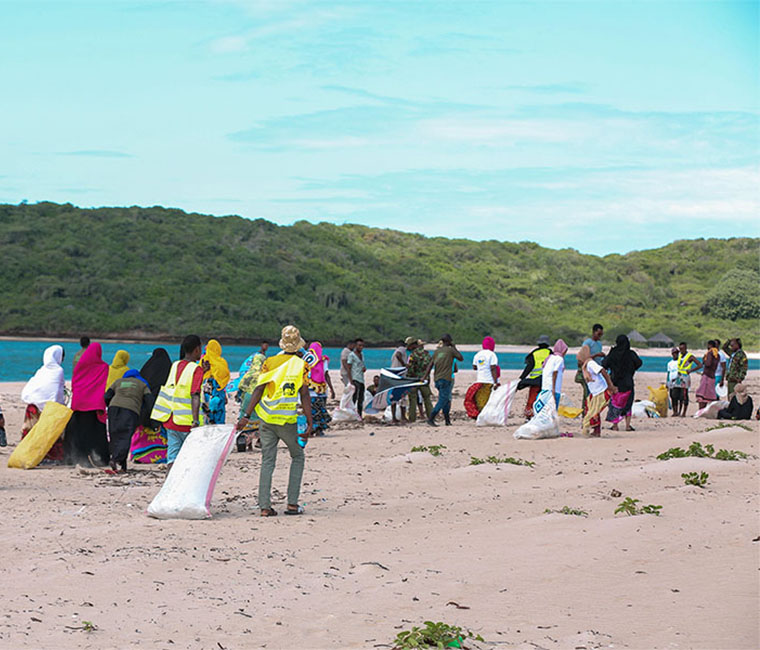
What is the programme of the event?
Workshop Day 1
$ 99
Per MonthTuesday
16 August
MORNING
Opening of the Workshop
Objectives of the meeting
Regional Declaration on Plastic Pollution.
The Global Problem: What is required by countries on the road to the INC-1.
Why does the Pacific need a global agreement on plastic pollution.
Talanoa
AFTERNOON
Key issues discussion at INC-1.
Workshop Day 2
$ 99
Per MonthWednesday
17 August
MORNING
Recap of key messages from day 1
Cluster group work – world café format.
Cluster (1): Objectives Definitions and Structure of Work
Cluster (2): Institutional Framework
Report back to plenary & Discussion
Cluster (3): Sustainable Production and Consumption
Cluster (4): Sustainable Product Design and Manufacture
AFTERNOON
Report back to plenary & Discussion
Cluster (5): Environmentally Sound Waste Management
Cluster (6): National Action Plans
Report back to plenary & Discussion
Summary report of workshop outcomes
Closed Meeting to Members
$ 99
Per MonthThursday
18 August
MORNING
Election of Chair
Issues of importance from workshop for discussion
Summary of Key issues for discussion at the first INC
Summary of key findings and discussions from the six clusters
Coordination of P-SIDS leading up to INC 1, 26 November- 2 December 2022 Uruguay
AFTERNOON
Communications strategy
Other matters
Adoption of the Meeting key outcomes
Workshop Recordings
How to prepare for the workshop?
1 See UNEA Resolution 5/14

